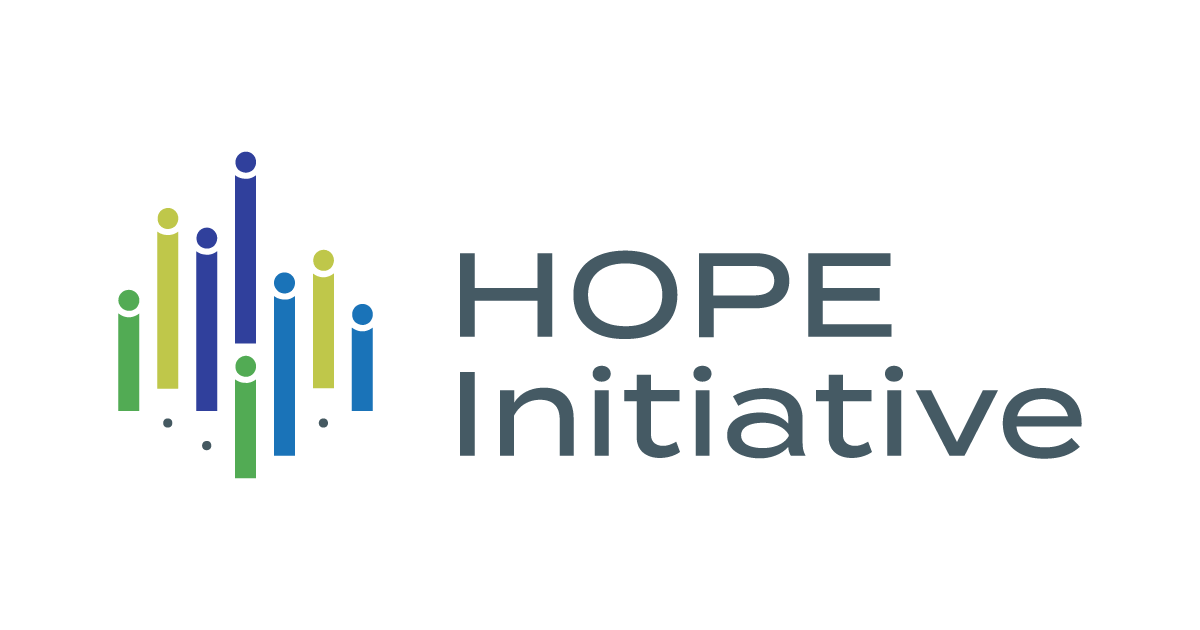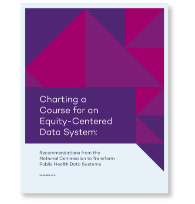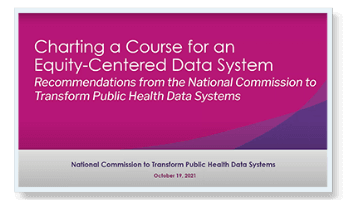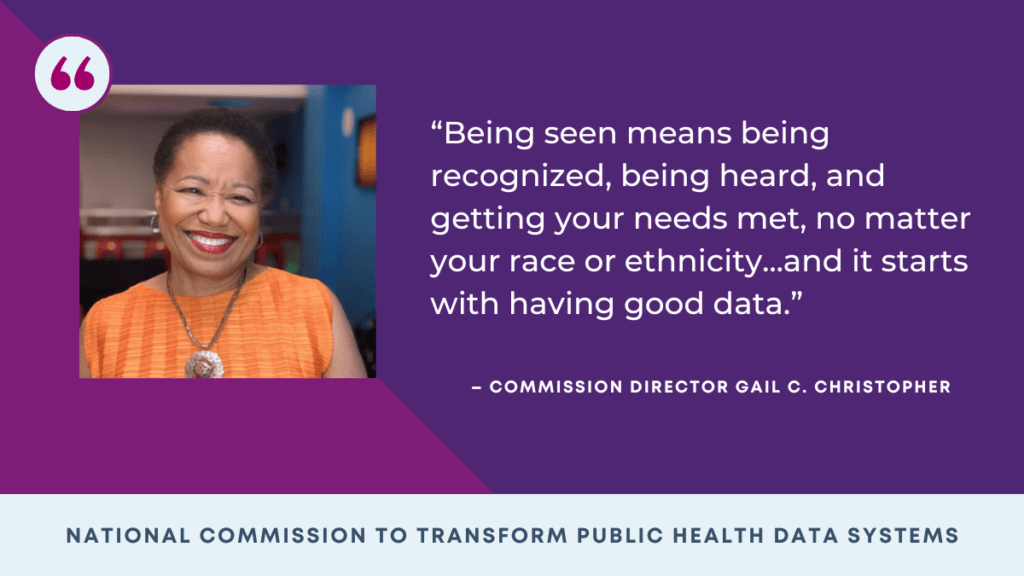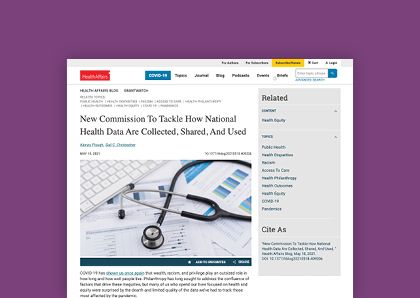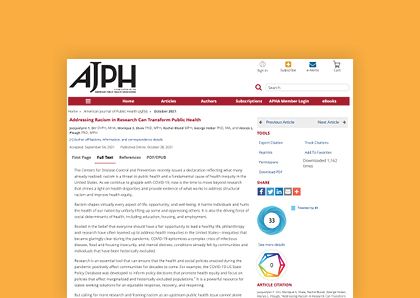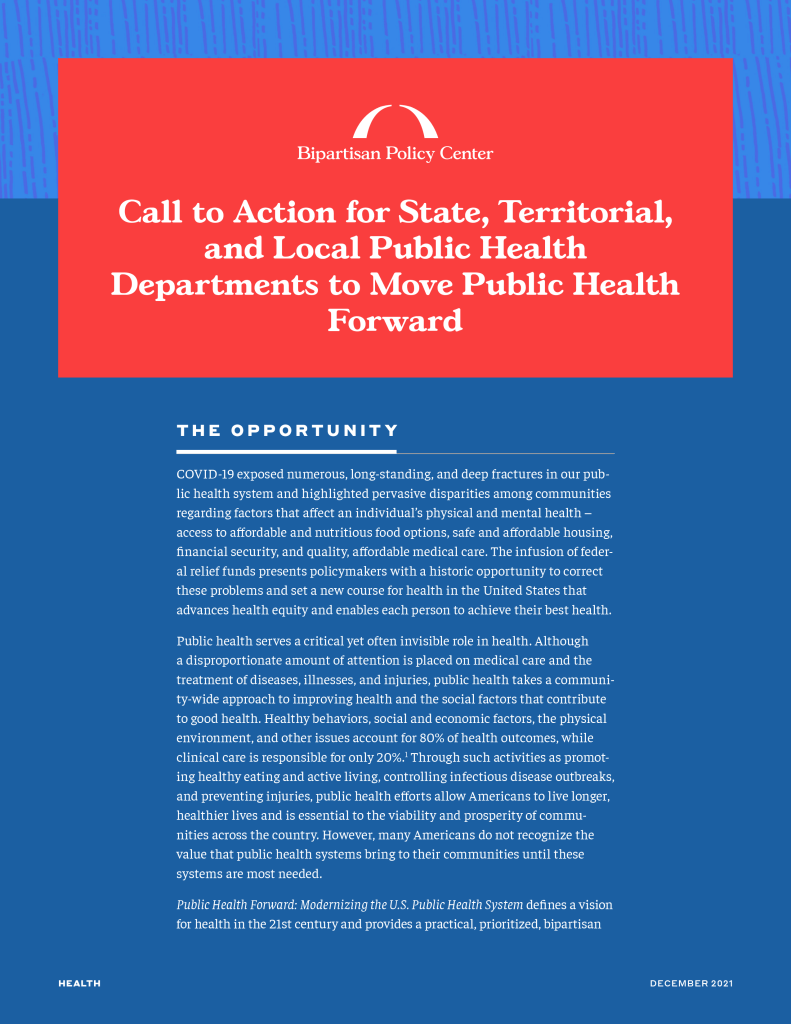OVERVIEW
The Robert Wood Johnson Foundation created a National Commission to Transform Public Health Data Systems, a first of its kind National Commission led by NCHE The Commission, comprised of innovators and experts was convened to reimagine how data are collected, shared, and used, and identify what public and private investments are needed to improve health equity.
As our nation simultaneously grapples with COVID-19, economic upheaval, and a racial reckoning, acknowledging that data can make the previously unseen visible is more important than ever.
The Commission members explored challenges and opportunities for modern recommendations and actionable solutions that government at all levels (federal, state, and local); business; philanthropy; community-based organizations, and more can take to re-envision and modernize our public health data system.

